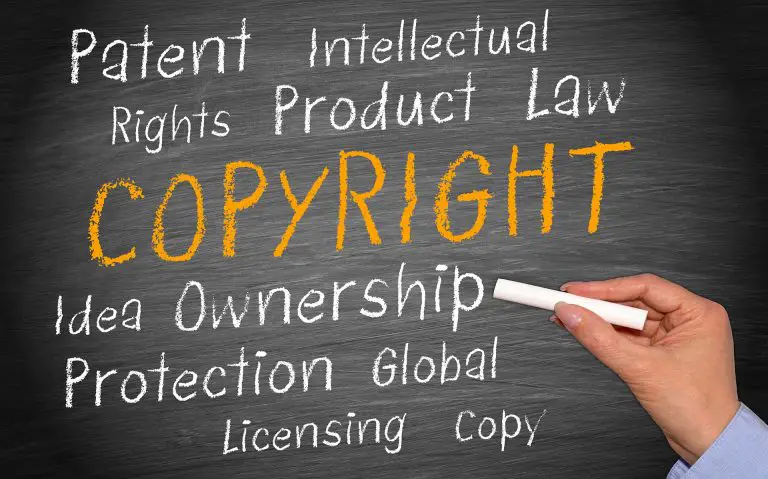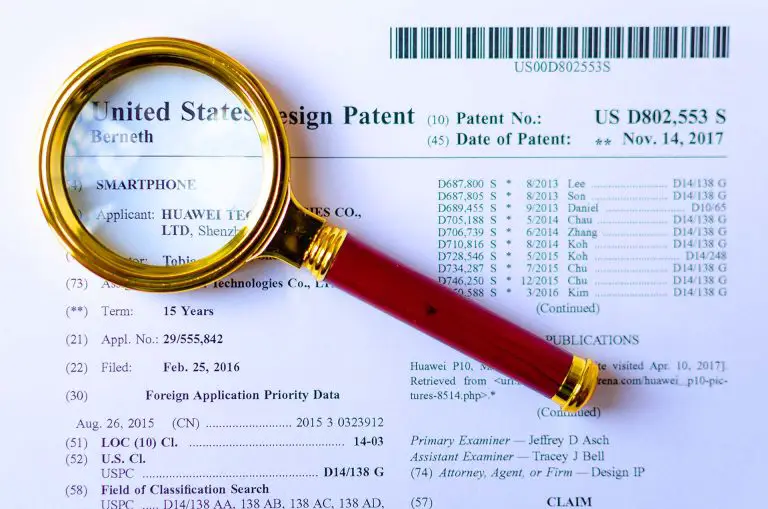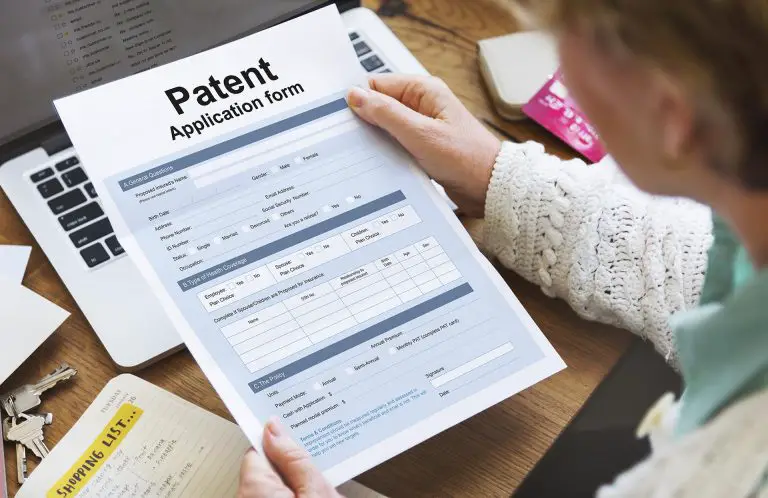Can You Patent a Song?
If you’ve just finished writing the best song ever, you might be wondering how you can protect your intellectual property (IP). The United States Patent and Trademark Office (USPTO) offers patents to inventors who create new inventions, processes, machines, and Designs.
We often get asked whether a person can patent a Song? We will answer this question below. Patents all inventors to stop others from making, using, and selling the patent invention for a limited period of time. So, can a song be patented?
Can You Patent a Song?
The short answer is no, a song cannot be patented. Patents do not protect song, however, you can protect your song by registering it as a copyright with the U.S Copyright Office. That said, your song is protected by U.S Copyright Law even if you don’t register it with the copyright office.
Registering your song with the copyright office gives you more robust protection, such as the ability to bring a lawsuit in federal court against anyone who infringes upon your copyrighted song.
To be able to copyright a song, the song must show some creativity on behalf of the artist. Also, in addition to creativity, the song must be attached to a tangible medium, such as being written on a piece of paper or recorded. Once an artist satisfies these elements, he can protect the song, by registering the song, music, and lyrics with the copyright office.
Whether or not you choose to register your song with the copyright office, if you have an artistic work, such as a song, poem, movie, or play, you can add the © copyright notice to signal to others that your song is protected by copyright law. While adding this copyright notice is not required for an artist to protect his song, adding it sends the message to others that the song is protected under U.S Copyright Law.
Protecting Your Song by Registering it With the Copyright Office
While registering your song is not required to get copyright protection, the U.S Copyright Office encourages artists to register their artistic works because registration offers a few, very important benefits. The first benefit for artists is the ability to bring a lawsuit in Federal Court against any party that infringes upon their copyrighted song or artistic work.
If someone infringes upon your song, having a registered copyright will go along way in helping you win a copyright infringement lawsuit. We say this because the first element in any copyright infringement lawsuit is proving that you are the owner of the copyrighted song or work of art. Having a copyright registration establishes this element. Once you’ve established ownership over the copyrighted work, you will have to prove that the party you’re suing actually infringed upon your copyright.
If you’re successful in proving that your work was copied, the court may grant an order, directing the infringing party to seize its infringing activities. Also, you may be entitled to monetary damages.
Artists Have the Choice of Registering Their Copyright Online
If you have a song that you want to register with the U.S Copyright Office, you can do so by registering your artistic work (song) online. All you have to do is create an account online using the eCo portal and follow the steps to register your work of art. Online registration is much quicker and less expensive than using a paper application to register your song, so do it online, save some time and money.

Protecting Your Song With Copyright Law
Now that you know that patenting a song is not an option, how do you obtain copyright protection over your song? The first thing an artist must do is attach his song to a tangible medium. Said differently, the artist must either write down his song or record himself singing the song to be registered.
Once the artist records his song, he can apply to register his song using the eCo registration portal of the U.S Copyright Office. As mentioned previously, an artist must create an account, provide the copyright office with the required information, and pay the copyright office registration fees. The copyright office will then prompt the artist to upload a copy of their song. Once you’ve finished these steps, you have to wait for the copyright office to process your copyright registration.
Can You Copyright Your Song By Mailing it To Yourself?
People have the mistaken belief that if they want to protect their song that they should just mail or email themselves a copy of the song to prove that they were the first person to create the artwork. This practice is not recommended, nor is it recognized by the copyright office. So, the next time you’re browsing your favorite forum and you see someone saying just mail your song to yourself to get protection, you should know that they’re wrong.
U.S Copyright Law protects artistic works, including songs without the artist having to mail anything, it’s automatic. Registering your copyright with the copyright office, although not required, strengthens your claim as the author of the song, so it’s highly recommended that you register your song with the copyright office.
How Long Does a Song Copyright Last?
How long a copyright lasts on a song depends on whether the artist has published his song. If the artist published his song, copyright law will protect his song throughout his life plus an additional seventy years. Said differently, the artist will enjoy copyright protection throughout his lifetime, as well as an additional seventy years after he passes away.
If the artist does not publish his song or publishes is it under a different name, the artwork will be protected for ninety-five years from the date of publication.
Unlike patents that have to be maintained to remain active, copyrights only have to be registered once and you’re done. Once registered, you do not have to pay any fees to keep your artistic work, in this case, your song, protected.
What’s Patentable and What’s Not Patentable?
The patent office grants inventors of new machines, processes, designs, and compositions of matter a limited monopoly over their invention. This monopoly lasts for 20 years for products and 15 years for designs. It allows inventors to stop others from using, making, selling, and offering to sell the patented product or design without the express consent of the patent holder.
Utility patents protect things like how products work and how they’re used. Design patents protect the aesthetics of an object and not artistic works, such as literary or musical compositions.
As such, the patent office does not allows artists to patent their artworks. It does not offer any protection for artistic works, such as songs, novels, plays, and movies. The proper protection for these artistic works is copyright law.
How Much Does It Cost Artists To Copyright Their Song?
We are confident in saying that registering your song as an artist work with the copyright office is one of the cheapest ways to protect your intellectual property. If you’re registering the song on your own, you will only need to pay a $35 registration fee to the copyright office. If you want to submit multiple songs, then you will have to pay a $55 registration fee. If you want to register multiple songs, you will be able to protect upwards of 130 songs using a single application.
How Long Does It Take to Protect Your Song With a Copyright?
In the United States, copyright protection is automatic, however, to strengthen an artist’s intellectual property protection, it’s recommended that the artist register his artistic work (song) with the copyright office. So, how long does registering a song with the copyright office take? The copyright office typically needs 90 days to process a copyright registration that was submitted online. If you’re using a patent application, the wait time could be significantly longer.
Patenting a Song
By now, you should know that patent law does not offer protection to artists who create songs. The proper venue to protect your music is the U.S Copyright Office. The copyright office allows artists to register their artistic works to benefit from the protections of U.S Copyright Law. Copyright protection lasts for a long time, in some cases lasting way beyond the life of an artist. Having said that, if you have any general questions or comments, please feel free to leave them in the comments section below.








